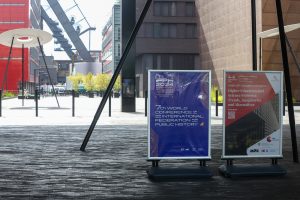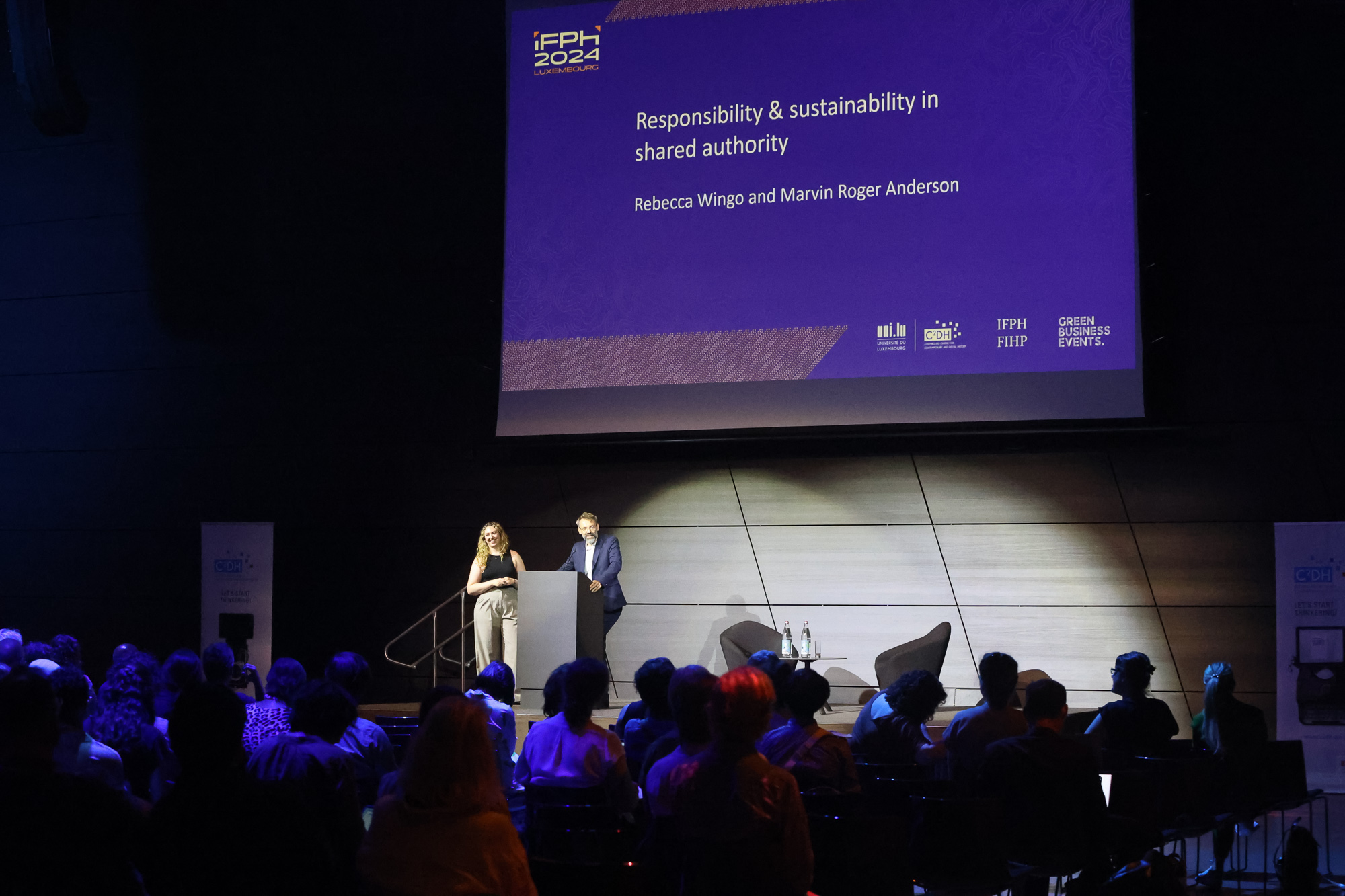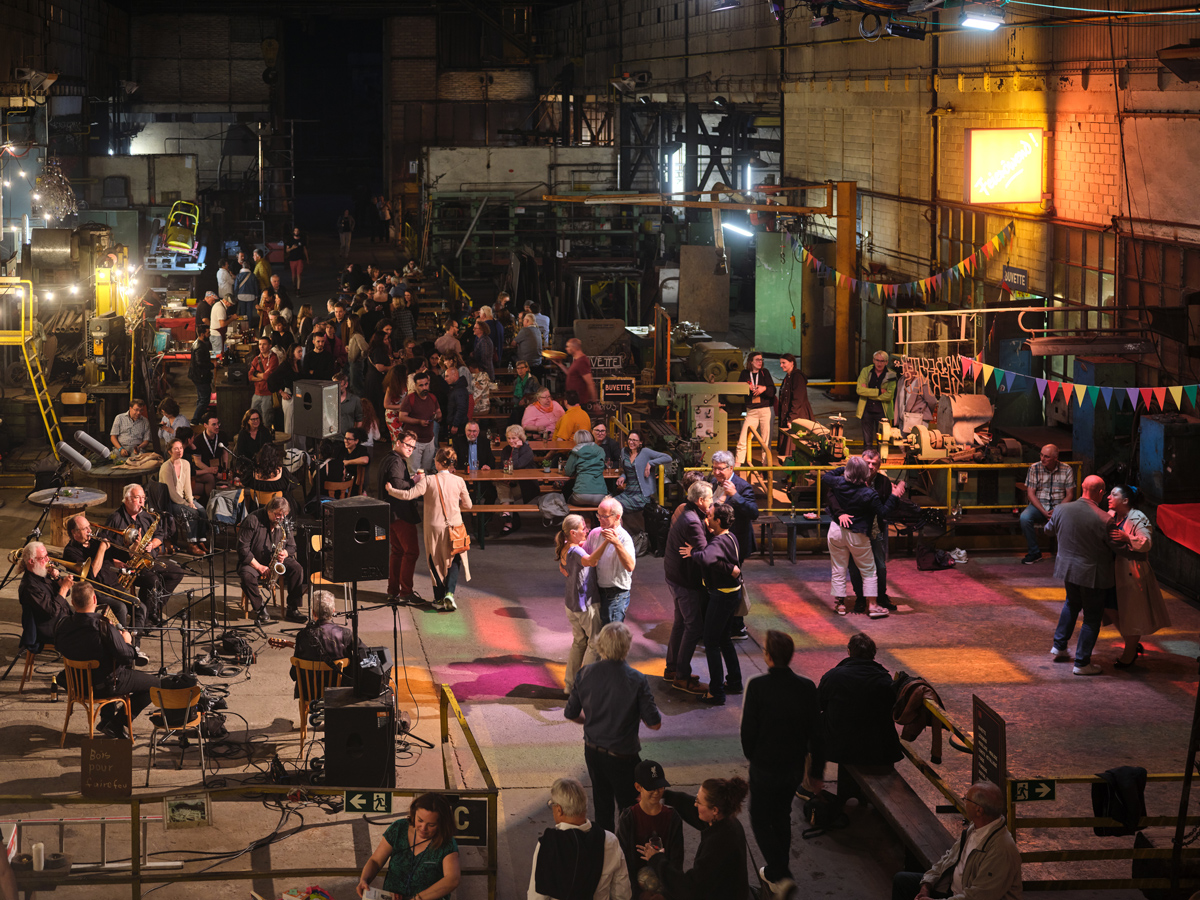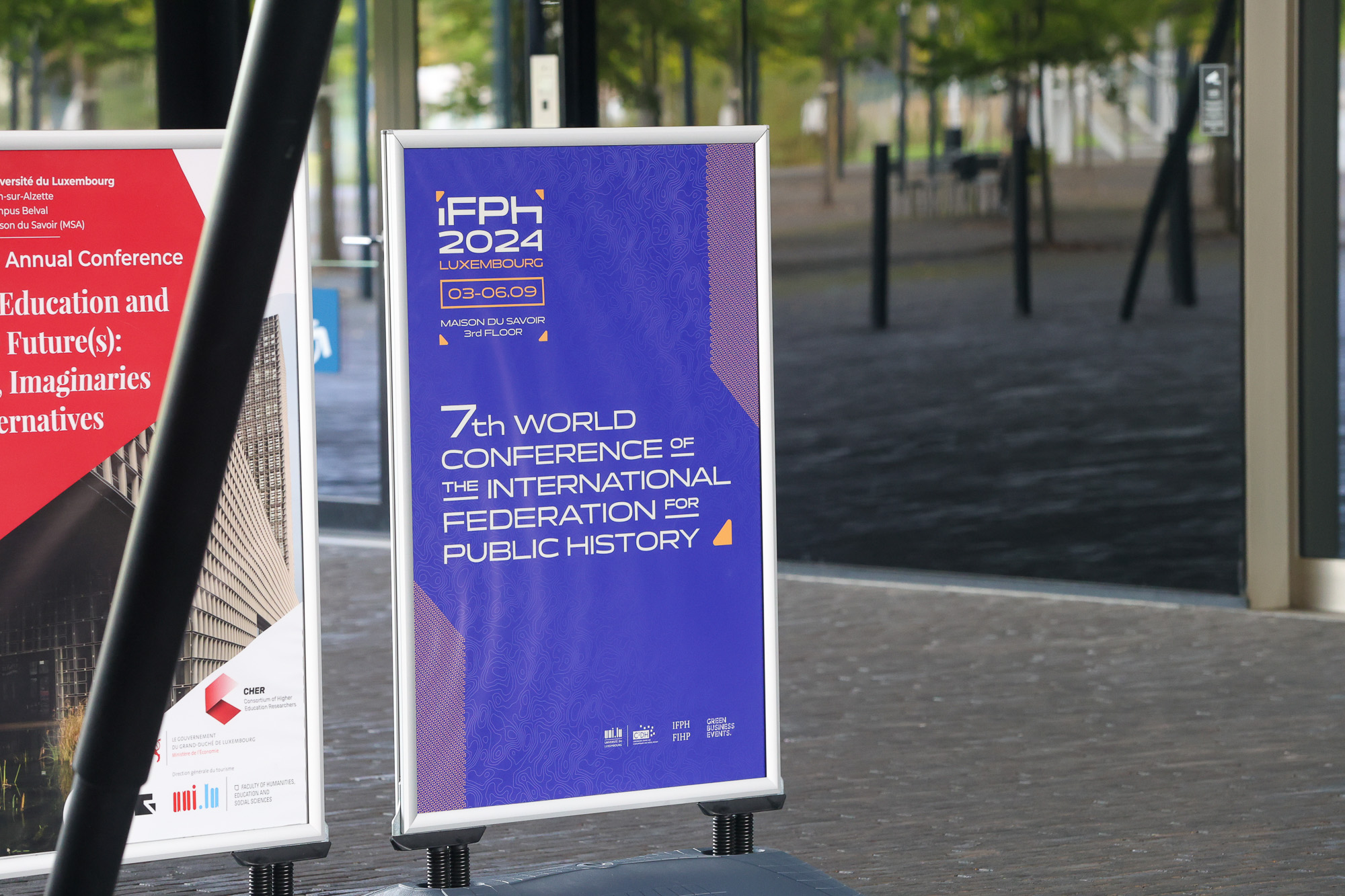From 3 to 6 September 2024, the C²DH at the University of Luxembourg hosted the 7th World Conference of the International Federation for Public History (IFPH) in a hybrid format, bringing together over 300 public historians from 37 countries to explore a wide range of global Public History topics. Access the full programme here. To enhance future events, we sought feedback from participants and speakers on various aspects of the conference, including the hybrid format, session structure, social events, and overall programme. Here’s what they had to say:
The hybrid format of the conference was widely appreciated for its accessibility and inclusivity, especially for attendees from Australia, South America, and the Far East, as well as single parents and early career researchers. This was achieved through features such as enabling online presenters to share their work remotely and facilitating interactive engagement via Discord, where participants could ask questions, exchange ideas, and network seamlessly across time zones.
Respondents highlighted the smooth integration of technology, such as pre-recorded papers, Webex, and Discord, which helped online participants feel engaged and supported. Onsite attendees also benefited from the format, as they could view presentations more clearly on their own screens.
The conference’s organization received high praise for its variety of sessions, well-structured formats, ample breaks, and thoughtful amenities, including free food for speakers. Social events, (also related to the practice of public history in Luxembourg), described as welcoming and enjoyable, were appreciated for their inclusivity, with extracurricular activities adding a lively dimension to the programme. Communication, particularly through the well-maintained website and updates, and the green event initiative were also strongly supported.
Despite its strengths, some limitations of the hybrid format were noted. Some onsite participants felt disappointed by lower in-person attendance and the challenge of replicating the dynamic of face-to-face interaction. Technical issues, such as delays and difficulties with Webex, frustrated both onsite and online participants, with suggestions to consider alternatives like Zoom. Organizational improvements were proposed, including water stations, free food and drinks for all attendees, clearer name badges, more detailed programmes and printed programmes (in a poster style in the communal area for example) for easier navigation. Concerns about session structure included overcrowded panels which led to limited discussion time, and a desire for sessions to be recorded in order to accommodate time zone conflicts. The high cost of travel and accommodation in Luxembourg was noted and a recommendation was made to promote eco-friendly travel options i.e. train instead of planes within Europe. Some felt that the social events finished quite late, and one suggestion included adding a session on Luxembourg’s history for attendees to become familiar with their surroundings. Finally, attendees encouraged more inclusion of non-academics and innovative session formats to move beyond traditional presentations.
Survey implemented by Vanessa Napolitano, feedback collected by Rhianne Morgan.



